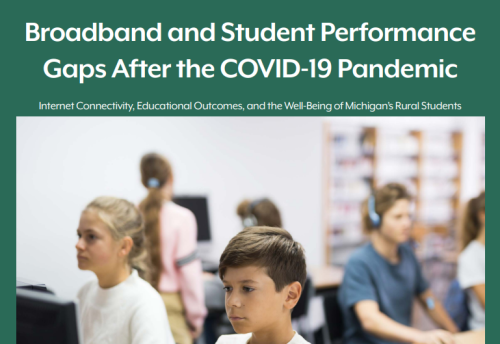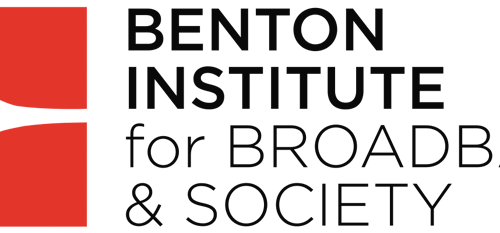My colleagues and I were interviewed this week about a report on global digital divides, published by McKensey,Inc’s Technology, Media and Telecom Practice, entitled ‘Offline and Falling Behind’. It is a very useful up-date on adoption of the Internet that can help refocus attention on over 4.4 billion people worldwide who are not online – over 60%. The interview was organised by The Media Consortium in San Francisco, enabling us to speak with a handful of reporters about the report.
One news story that drew from the interviews was a fascinating article by Mike Ludwig that focuses on the controversy over zero-rating, such as Wikipedia Zero, which enables mobile users in many parts of the developing Global South to access Wikipedia at no cost, given subsidies by a group of telecom companies in 34 countries. Some advocates of net neutrality are worried that zero-rating – as pro-social as it appears to be – could set a dangerous precedent that runs counter to net neutrality.
Ludwig’s article illustrates how the net neutrality debate can take on a very different character when moved in the global as opposed to the US context. It also illustrates that net neutrality could have some unintended consequences, such as undermining such schemes designed to bridge digital divides.
See Ludwig’s article at: http://www.truth-out.org/news/item/27518-when-facebook-is-the-internet-zero-rating-and-the-global-net-neutrality-debate



